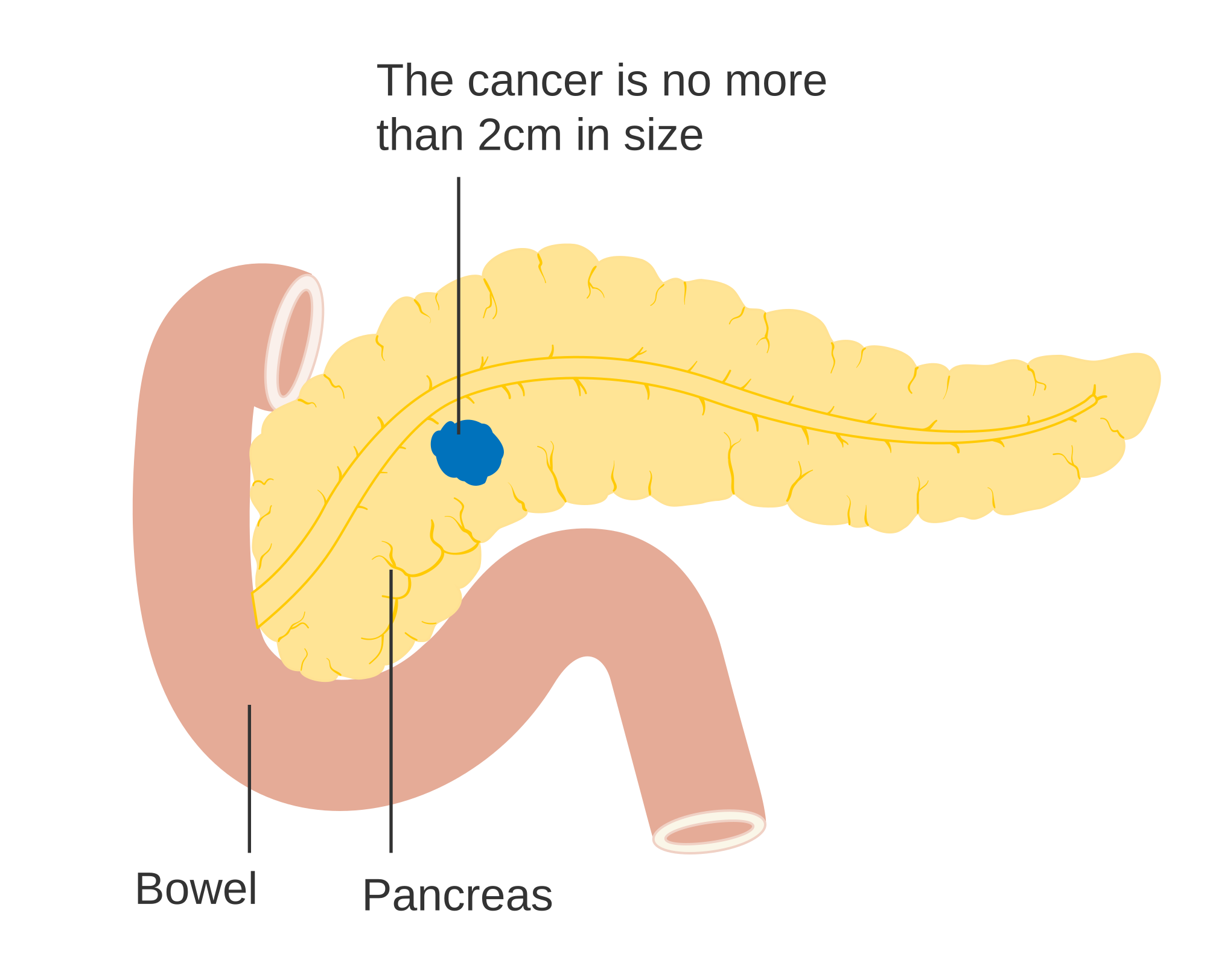How Sociopaths and Psychopaths Are Different
Others round them can see clearly that the sociopath is performing recklessly and without regard for these around them. Psychopaths, however, are unable to type emotional attachments or really feel actual empathy with others, though they typically have disarming and even charming personalities. Psychopaths are extremely manipulative and may simply gain people’s belief. Some are so good at manipulation and mimicry that they've households and different long-term relationships with out those round them ever suspecting their true nature. This is an outdated, non-clinical time period that refers to people who have gentle ASPD traits or are good at hiding them.
What is antisocial personality disorder?
The key to effective therapy for delinquent personality disorder is the patient’s willingness to participate within the remedy. In many instances of antisocial persona disorder, the affected person doesn’t imagine that they have a mental well being problem, and they also aren’t willing to participate in the remedy. This signifies that their delinquent character dysfunction goes completely untreated in plenty of cases. People often confuse the terms sociopath and psychopath and use them interchangeably. They aren’t totally different in the medical sense -- neither is an official analysis. You can consider psychopathy as a subset of ASPD with it's own set of behaviors that set it aside from sociopathy. On the ASPD spectrum, psychopathy is mostly seen as a more severe form of ASPD than sociopathy.
Approach to Violence
Someone could exhibit selfishness or act aggressively, but that does not imply they have ASPD. Since many people who have ASPD do not acknowledge these traits as a problem, watching for consistent habits patterns is necessary. The fact that psychopathy isn't included within the DSM-V (as Antisocial Personality Disorder is) doesn't mean that psychopathy is an inferior or inaccurate diagnostic assemble. Conduct dysfunction can be diagnosed in people with these characteristics if they are younger than 18 years of age.
Prevalence of Psychopathy
 This happens generally even when we’re consciously attempting to avoid it. Learning to recognize red flags in a relationship can sign that it’s time to get support. Picking fights, performing out, and lying are frequent ways in which people sabotage personal relationships. We’re less likely to engage in these behaviors when we’re aware of how they battle with our values. Sometimes, self-sabotaging behavior is a results of past or childhood trauma.
This happens generally even when we’re consciously attempting to avoid it. Learning to recognize red flags in a relationship can sign that it’s time to get support. Picking fights, performing out, and lying are frequent ways in which people sabotage personal relationships. We’re less likely to engage in these behaviors when we’re aware of how they battle with our values. Sometimes, self-sabotaging behavior is a results of past or childhood trauma.Is self-sabotage a trauma response?
By being actually current in the second, you can begin to understand your triggers and patterns. This consciousness is crucial in catching your self before slipping into unhelpful self-sabotaging habits. If you’re like most individuals, you kick your self on your shortcomings. You probably have a deep perception that self-ridicule may help you do higher. Or you may worry that giving yourself an extreme quantity of leeway would turn you into a complete slacker.
A need for control
In the second, people are apprehensive that they may lose their identity or capacity to make decisions for themselves. These two fears usually exist together, resulting in the "push-and-pull" habits so typical of those with deep fears of intimacy. You keep away from speaking about taking issues to the following level. Your associate expresses frustration, disappointment, and even anger about your behavior.
What causes self-sabotaging behavior?
They may find a way to allow you to discover ways to overcome them. When this occurs, these adverse behaviors can become ingrained. Self-sabotaging behaviors drain our motivation, enthusiasm, and self-esteem. Because the proof of our "failures" starts to pile up, we no longer suppose we’re ok. Self-esteem, childhood trauma, and a need to take care of control can all cause a person to engage in self-sabotaging behaviors. Sultan explains that psychotherapy, corresponding to cognitive behavioral remedy (CBT), may be useful in helping an individual to grasp the foundation reason for self-sabotage and overcome those patterns. Treat your self with the same kindness and understanding as you would a detailed pal.







